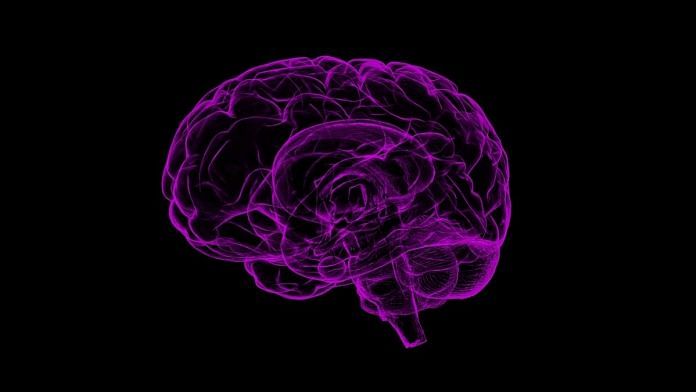New Delhi: A promising new drug that slows down Alzheimer’s disease will be rolled out for the US Food and Drug Administration’s (FDA) approval next year.
The encouraging yet not entirely groundbreaking results of the phase 3 human trials of lecanemab have been published in the New England Journal of Medicine by researchers from Yale School of Medicine in Connecticut.
This is good news, as the medical fraternity is now one step closer to treating this form of dementia. However, there are still multiple questions unanswered.
While lecanemab saw lesser decline in cognition and function of patients, longer trials are required to assess the efficacy and safety of the experimental drug in early Alzheimer’s disease. Moreover, the drug is effective only at a very early stage — closer to the onset of the disease.
Alzheimer’s is a progressive brain condition that typically affects people in their mid-sixties. It rarely affects those under 65, in which case it is known as early onset Alzheimer’s. Memory loss, confusion, disorientation and inability to create new memories are some symptoms of the disease.
Lecanemab is essentially an antibody, which binds itself to and therefore removes clumps of protein called amyloid plaques from the brain. The experimental drug sticks to the amyloid protein and attracts immune cells to break it down. These plaques of protein are commonly found between the neurons of the brain, and have long been known to be a key cause of the disease.
The study was conducted on 1,795 patients between 50 and 90 years with early Alzheimer’s disease, showing symptoms of only mild cognitive impairment over 18 months.
The lecanemab infusions were given to half the participants (898) every fortnight for the duration of the experiment while the other half (897) received a placebo.
Nearly 79 percent participants in the study were White, 16.9 per cent Asian, 12.9 per cent were Hispanic and 2.6 per cent Black.
The test was conducted through positron-emission tomography (PET) imaging test to understand amyloid burden and cerebrospinal fluid testing which assesses proteins.
After the experiment, about 400 participants underwent brain scans to detect changes to the plaque. These showed that those treated with lecanemab had a 70 percent lower amyloid score, while the control group’s score soared by 5 percent.
Riddled with risks
While this is a significant discovery, it does not go a very long way in providing treatment to Alzheimer’s patients. The drug is still riddled with risks, and only shows modest effects at best.
The Clinical Dementia Rating–Sum of Boxes, an 18 point rating scale, was used to measure the differences in cognitive function between participants who were given lecanemab infusions and those who received the placebo. A difference was noticed but it was not too pronounced.
Those who received the drug, were only 0.45 better off than those who did not, indicating a 27 per cent difference.
The drug did not significantly reduce deaths. Among the 1,800 people who participated in the study, 0.7% of those who received lecanemab died during the study, compared to 0.8% of those who received placebo infusions.
The Japan-based pharmaceutical firm Eisai, which developed the experimental drug, claimed that none of the deaths were related to it. They explained that comorbidities and other risk factors such as anticoagulation contribute to brain bleeding and could have been possible reasons.
Moreover, plenty of adverse effects were also observed during the experiment. Brain scans of participants showed signs of brain bleeding in 17 percent and brain swelling in another 13 percent. Seven percent of those who were given the drug had to stop immediately because of these side effects.
Alzheimer’s is the most common form of dementia in the world, with 2 million suffering from it in India. It currently is not fully curable, with prevention being the best option.
After Aducanumab was approved by the FDA in 2021, this is still the only promising result so far since Aducanumab was opposed by many scientists for causing amyloid-related imaging abnormalities, including cerebral edema and cerebral hemorrhage.
Also read: A Nature study shows how zaps to the brain can help the elderly remember better



